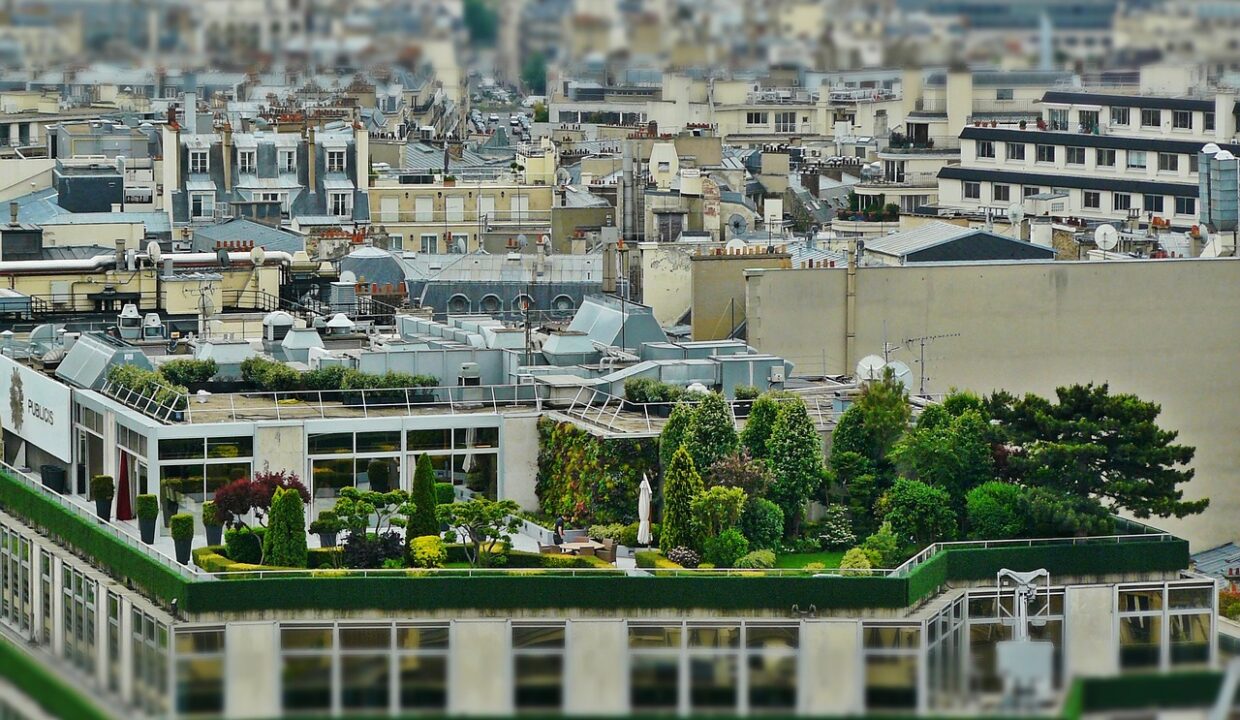
A future-proof path to more climate protection and value stability
The focus on sustainability and climate protection has long since become an integral part of the property market - and for good reason. In times of climate change and rising energy prices, there is growing interest in sustainable property concepts that not only make ecological sense, but also economic sense. The term "green building" refers to buildings that are planned, constructed and operated in an environmentally friendly manner and at the same time create a healthy indoor climate for the residents. This construction method is increasingly becoming the standard and promises attractive benefits that attract many owners and investors.
Energy efficiency is important
Energy efficiency is a decisive factor in green building. Properties equipped with sustainable materials, intelligent insulation and modern heating systems such as heat pumps require significantly less energy. This not only reduces operating costs for residents, but also increases the long-term value of the property. This advantage is particularly evident in new builds: the integration of solar panels, rainwater utilisation systems and energy-efficient windows are increasingly in demand today and are even eligible for subsidies in many municipalities. Such measures can keep a property attractive and stable in value even in old age.
Durable and environmentally friendly materials
However, sustainable construction goes beyond energy efficiency. More and more property developers and owners are opting for materials that are not only durable but also environmentally friendly. Natural insulating materials such as hemp, cellulose or sheep's wool are biodegradable and offer excellent insulation values, which increases the quality of living and at the same time helps to reduce CO₂ emissions. Pollutant-free and environmentally friendly materials that enable healthier living are also becoming increasingly popular in interior design.
Green building façades and roof gardens in vogue
In urban centres such as Vienna or Graz, the demand for green building façades and roof gardens is also growing. These contribute to climate regulation and air quality in the city and offer residents small green oases in the centre of urban life. Such "green" property projects are becoming increasingly popular with potential tenants and buyers, as they combine comfort with a responsible lifestyle.
Advantages of sustainable building
Investments in sustainable construction are therefore not only worthwhile for the environment, but also economically. Many experts assume that buildings that are orientated towards sustainable standards will fare much better on the market in the future, as the requirements for energy efficiency and climate protection continue to increase. will increase. The trend towards sustainable construction therefore creates a win-win situation for owners, tenants and the environment.


